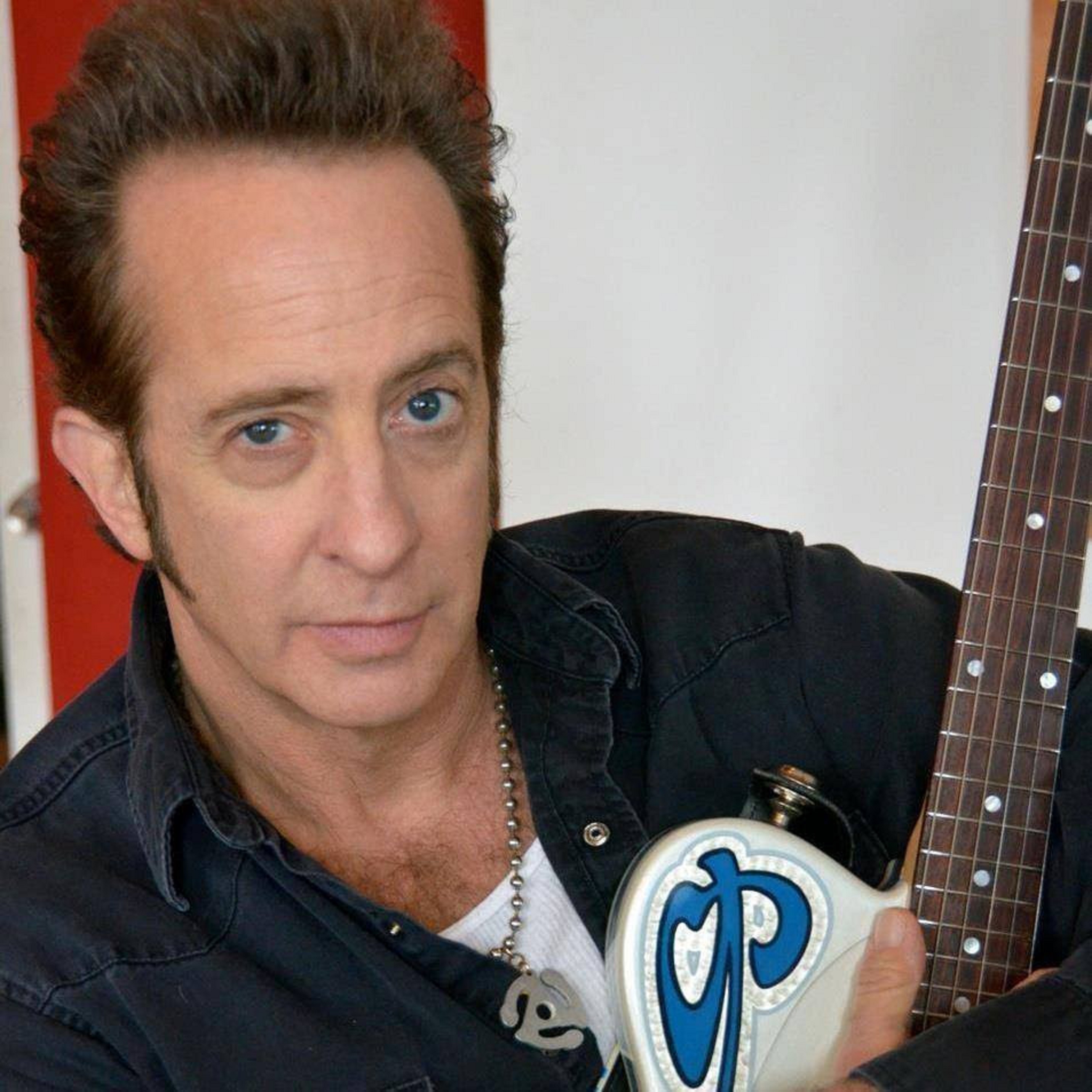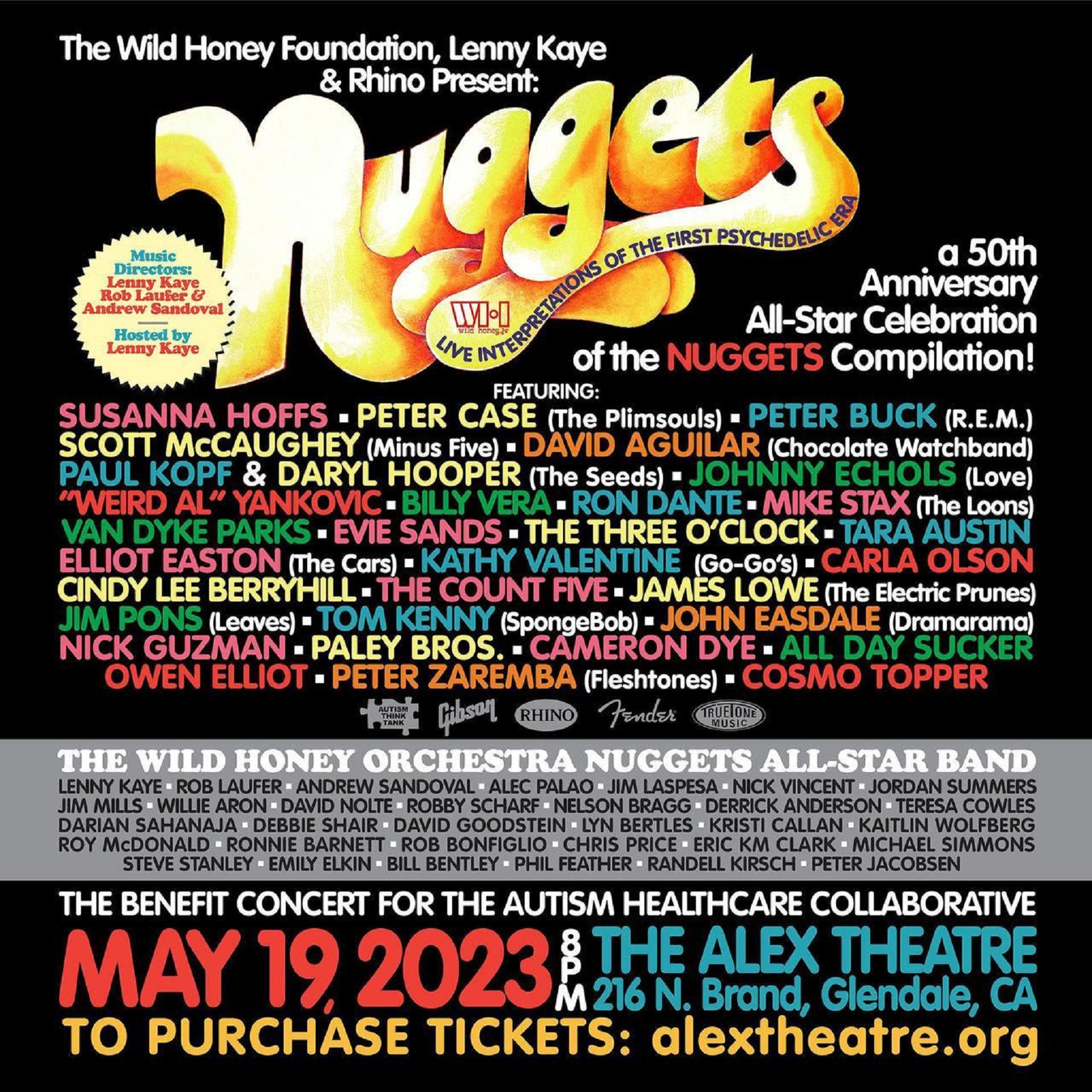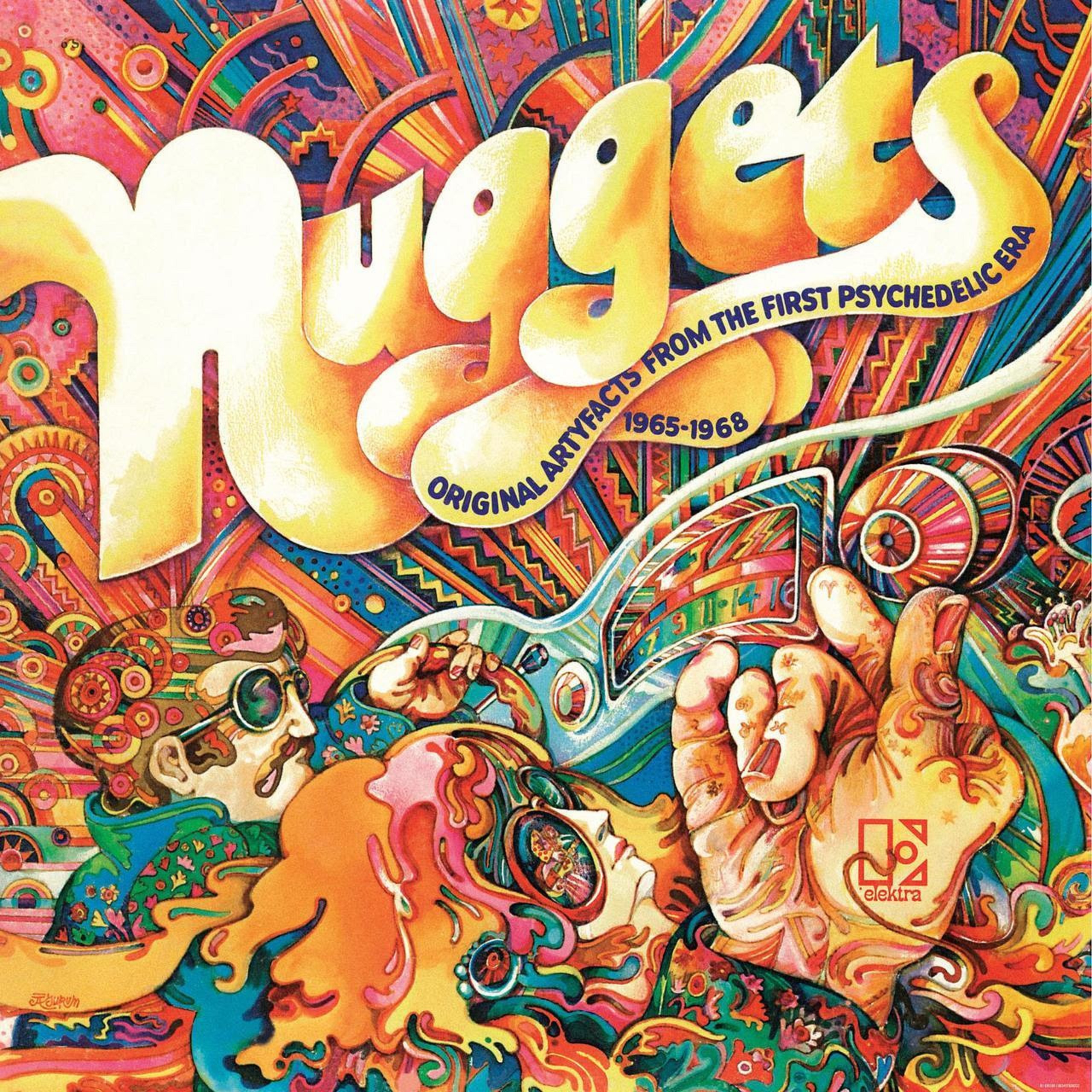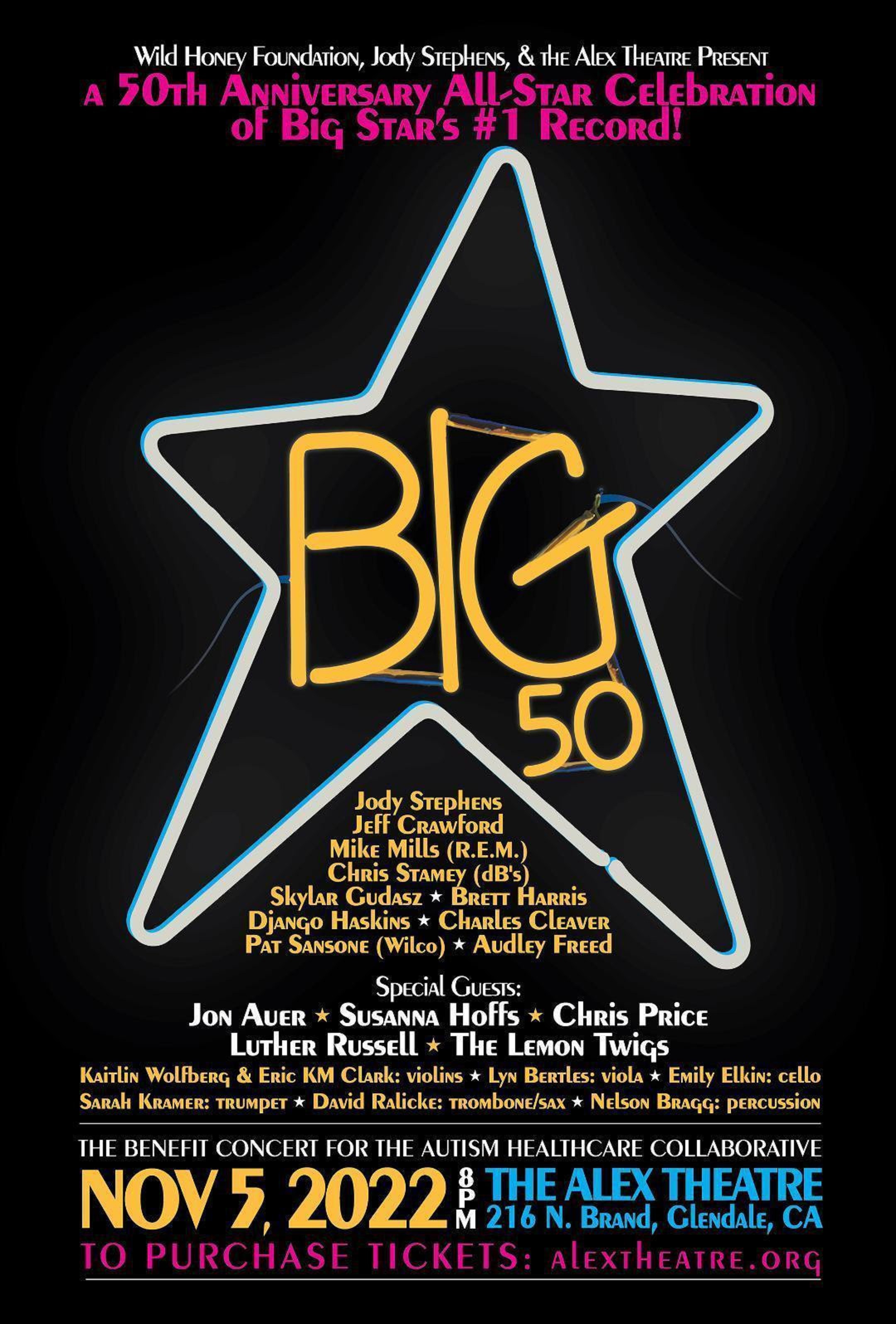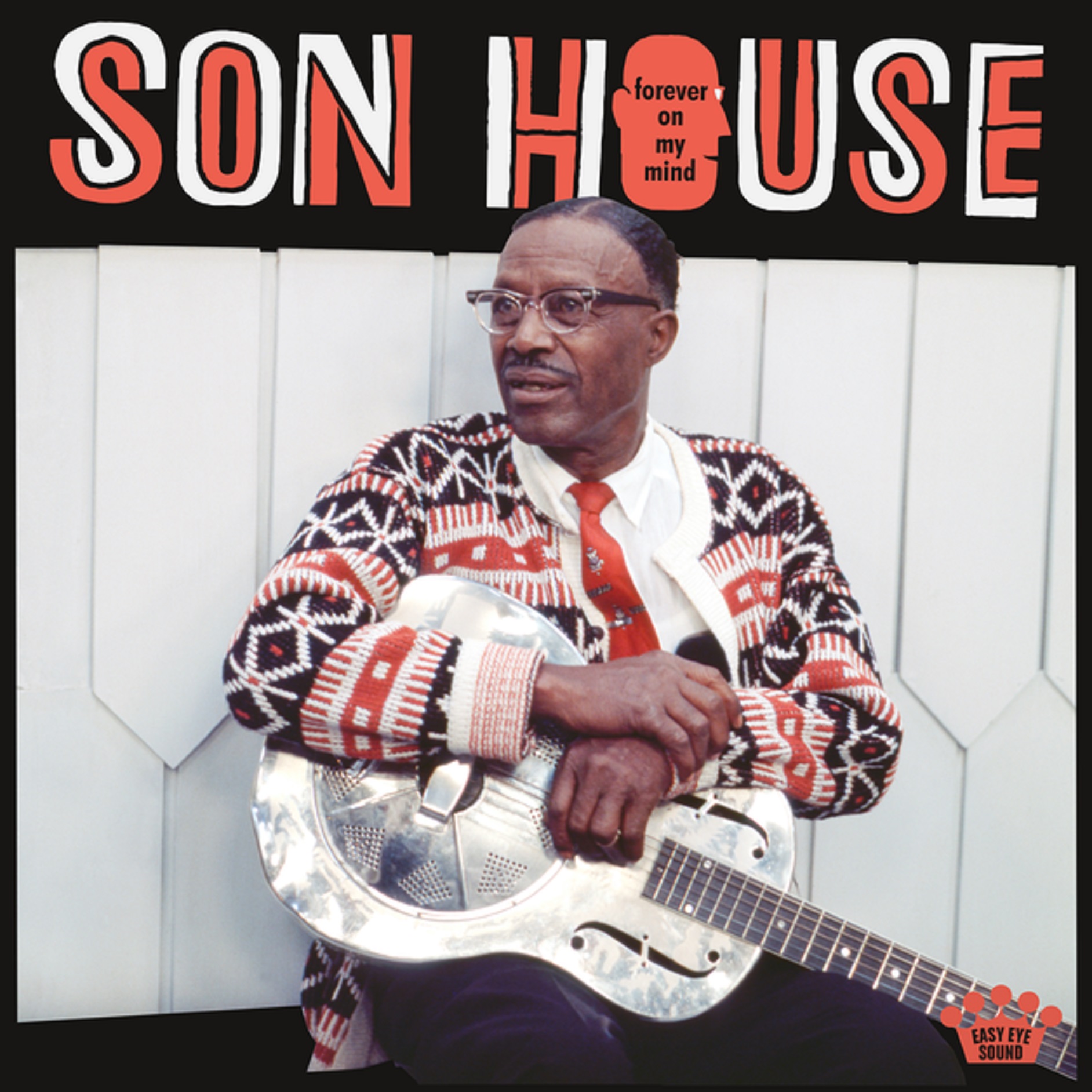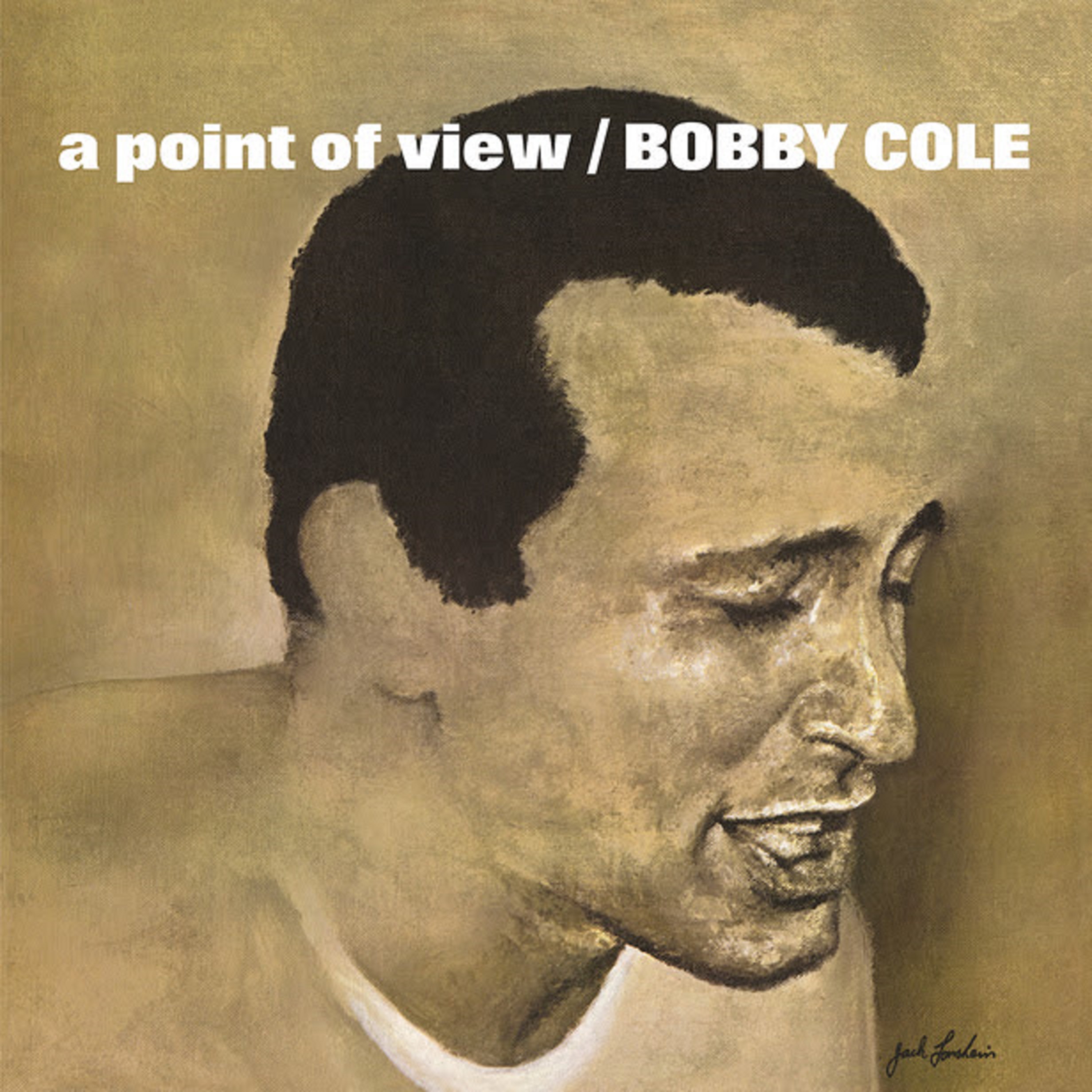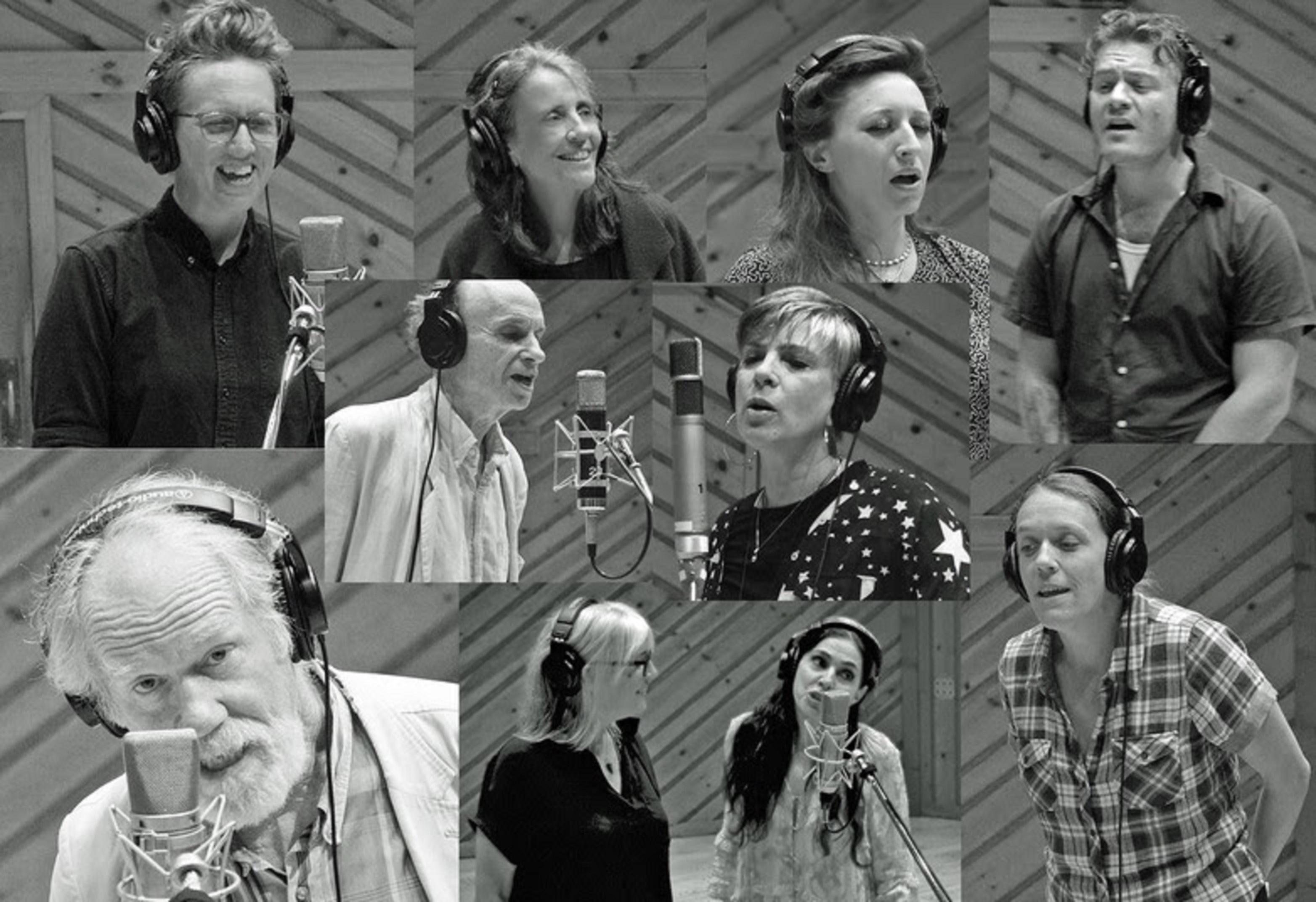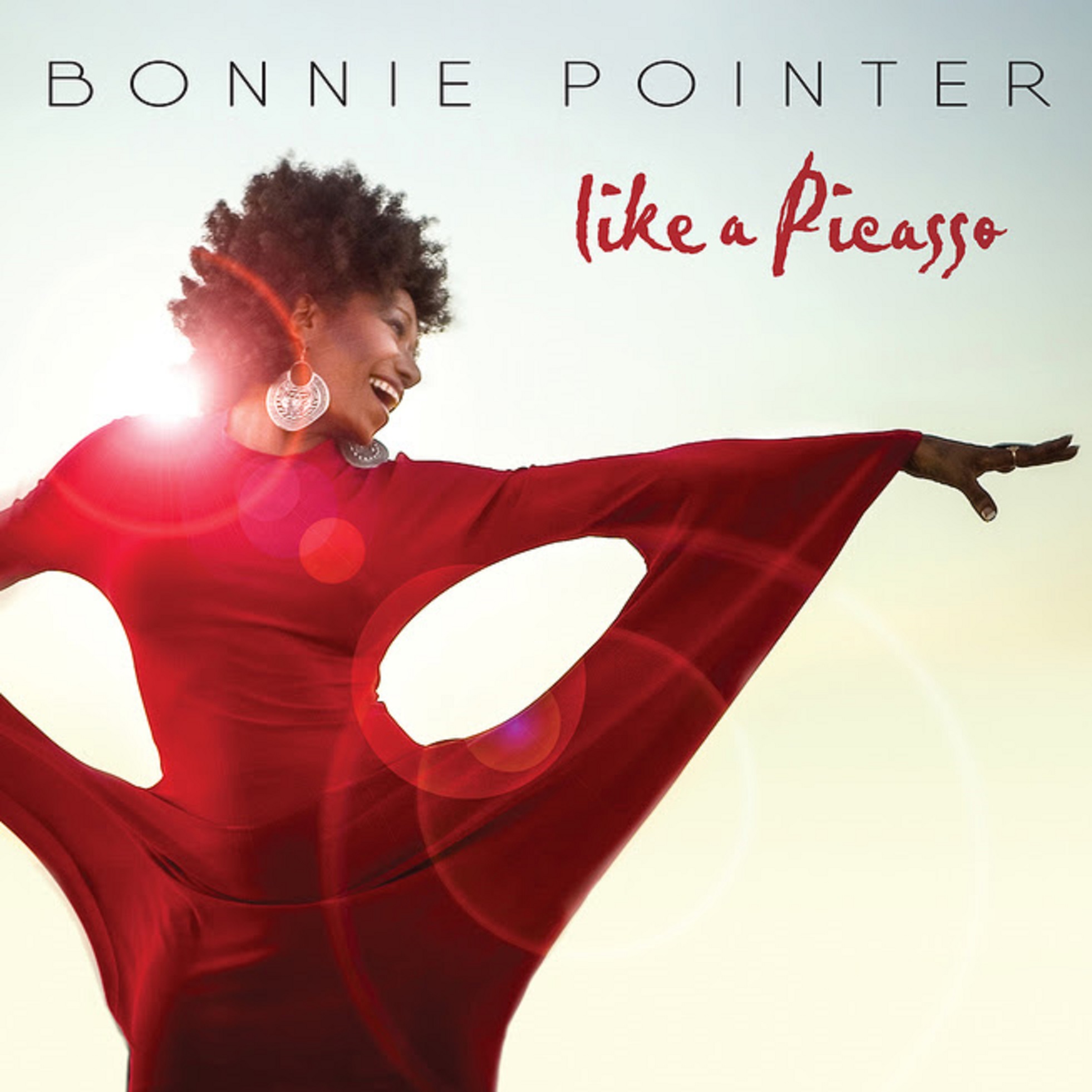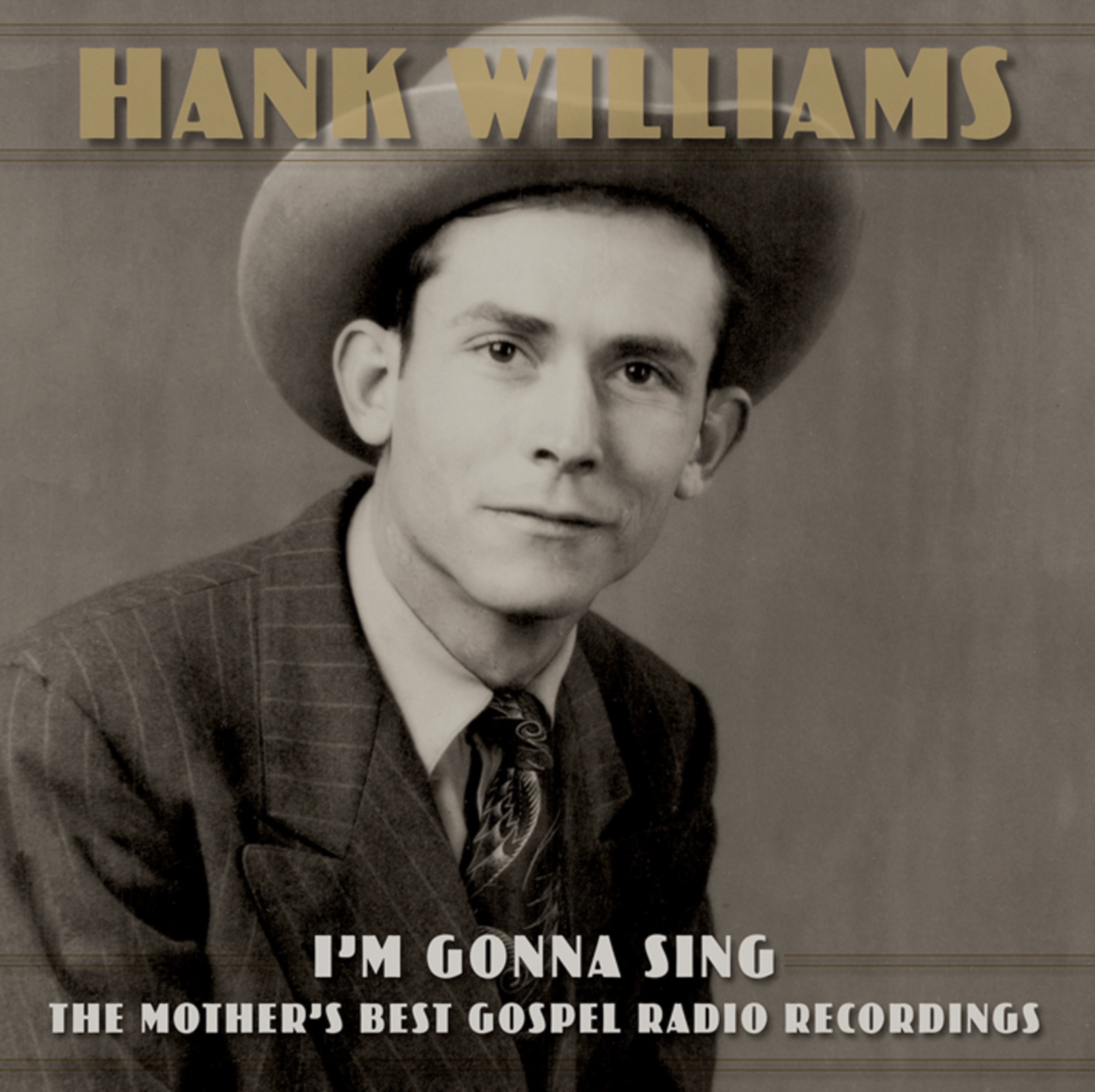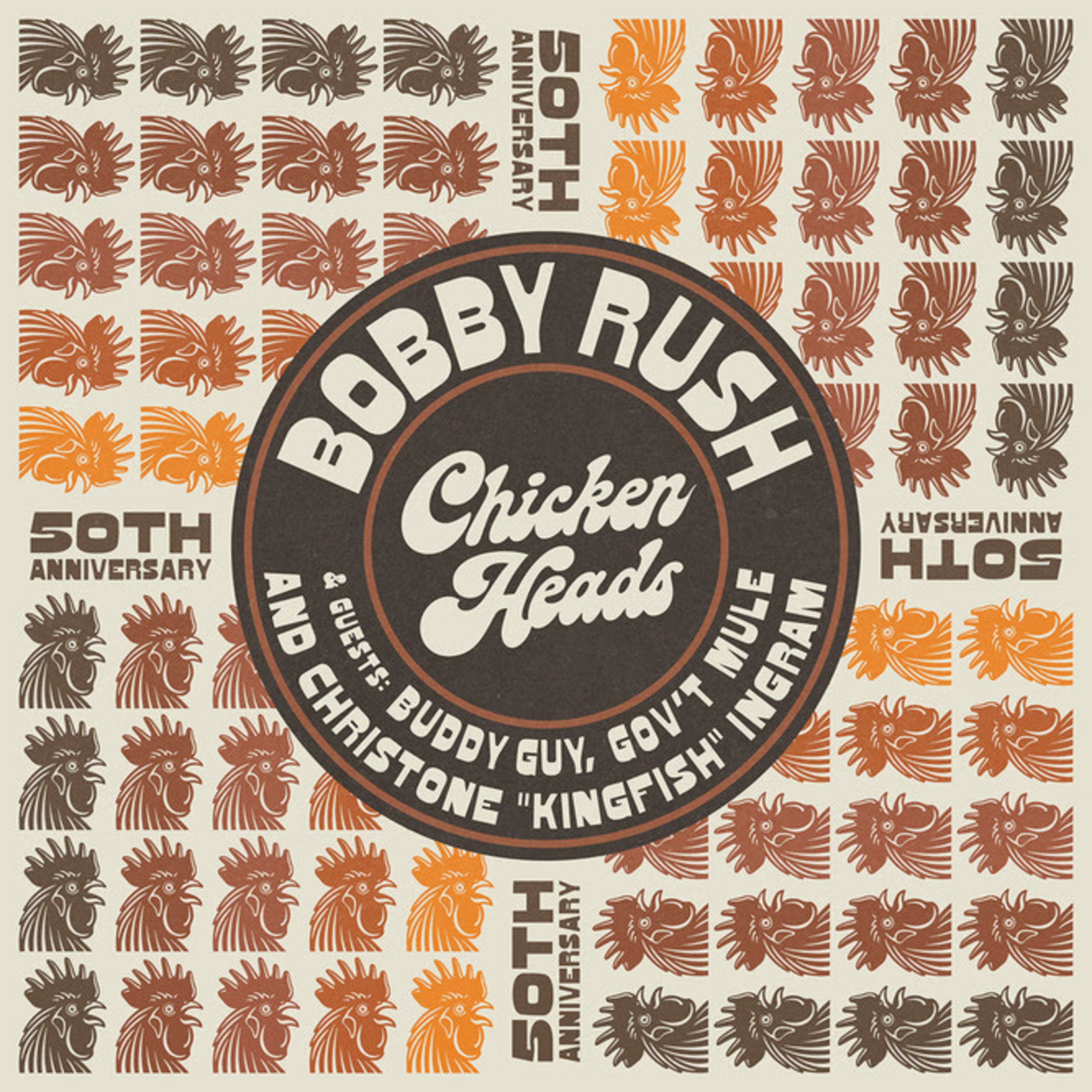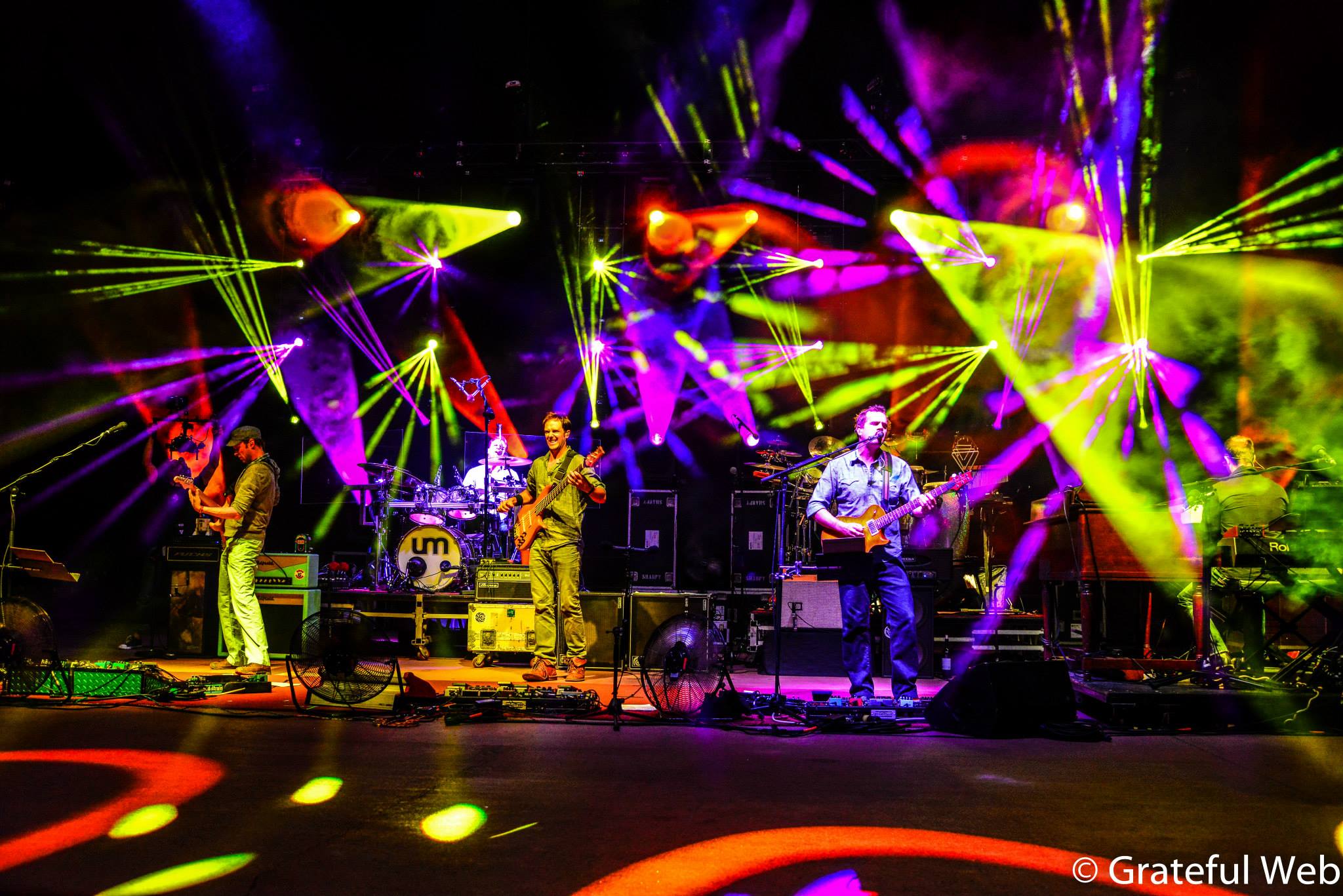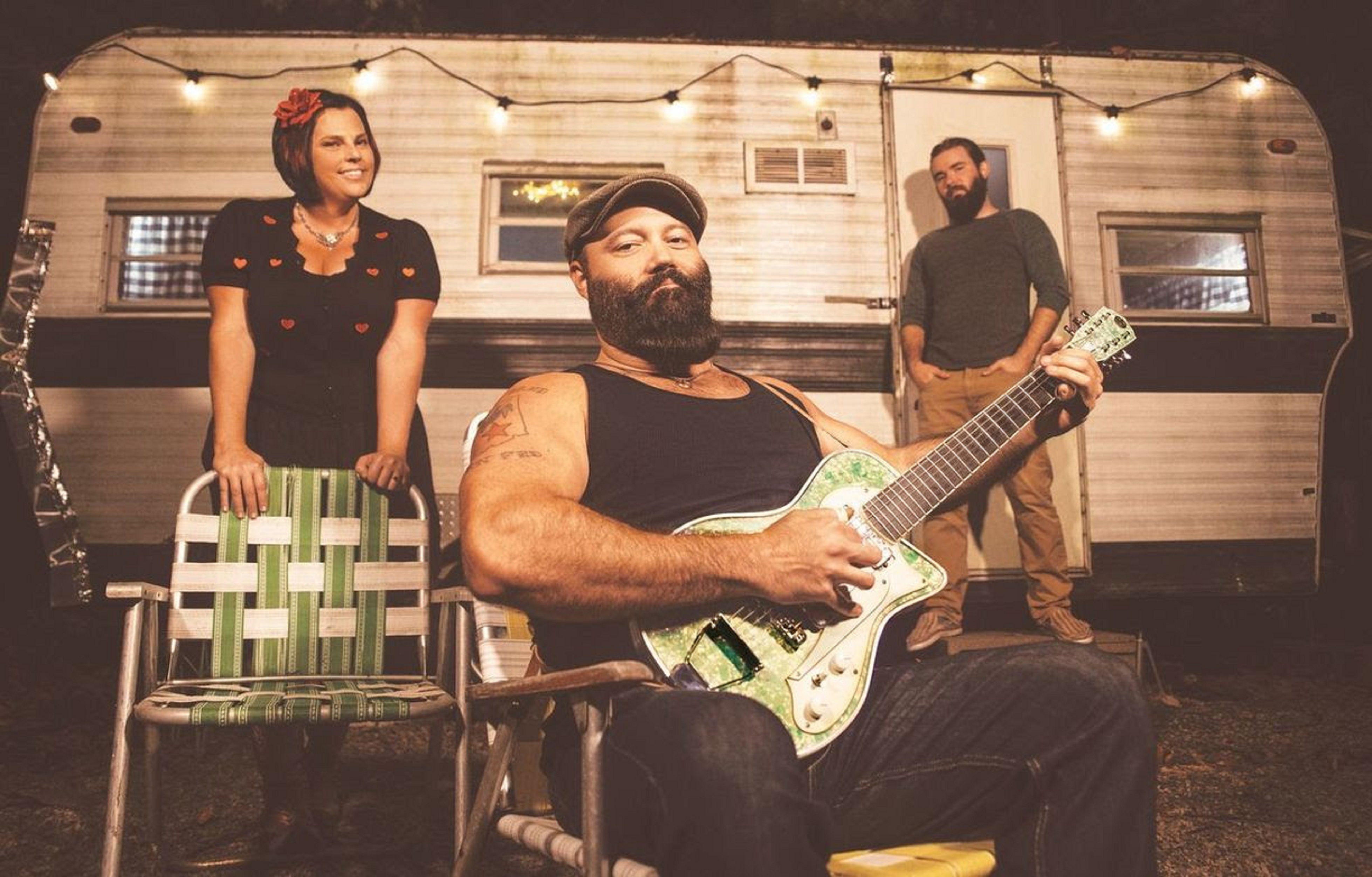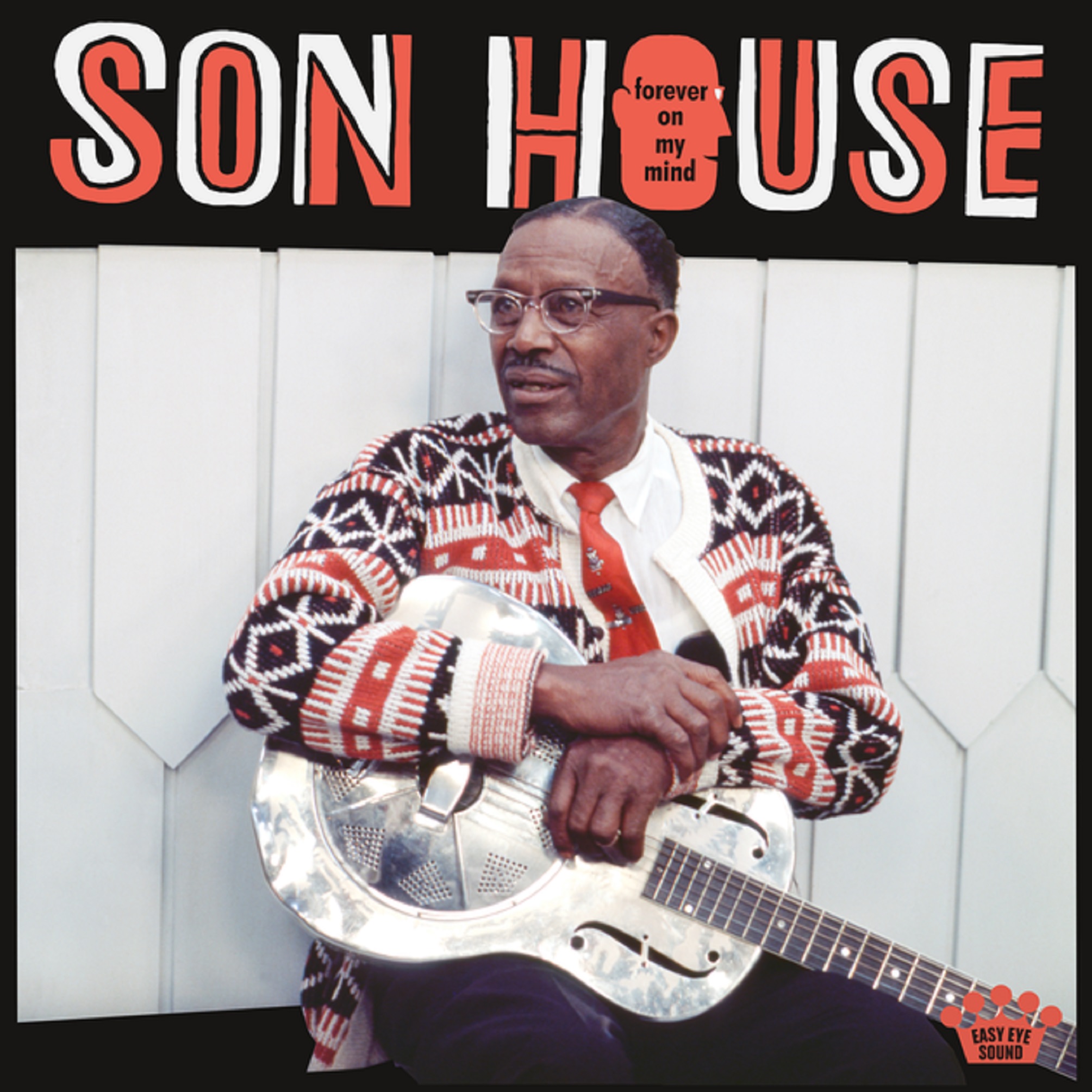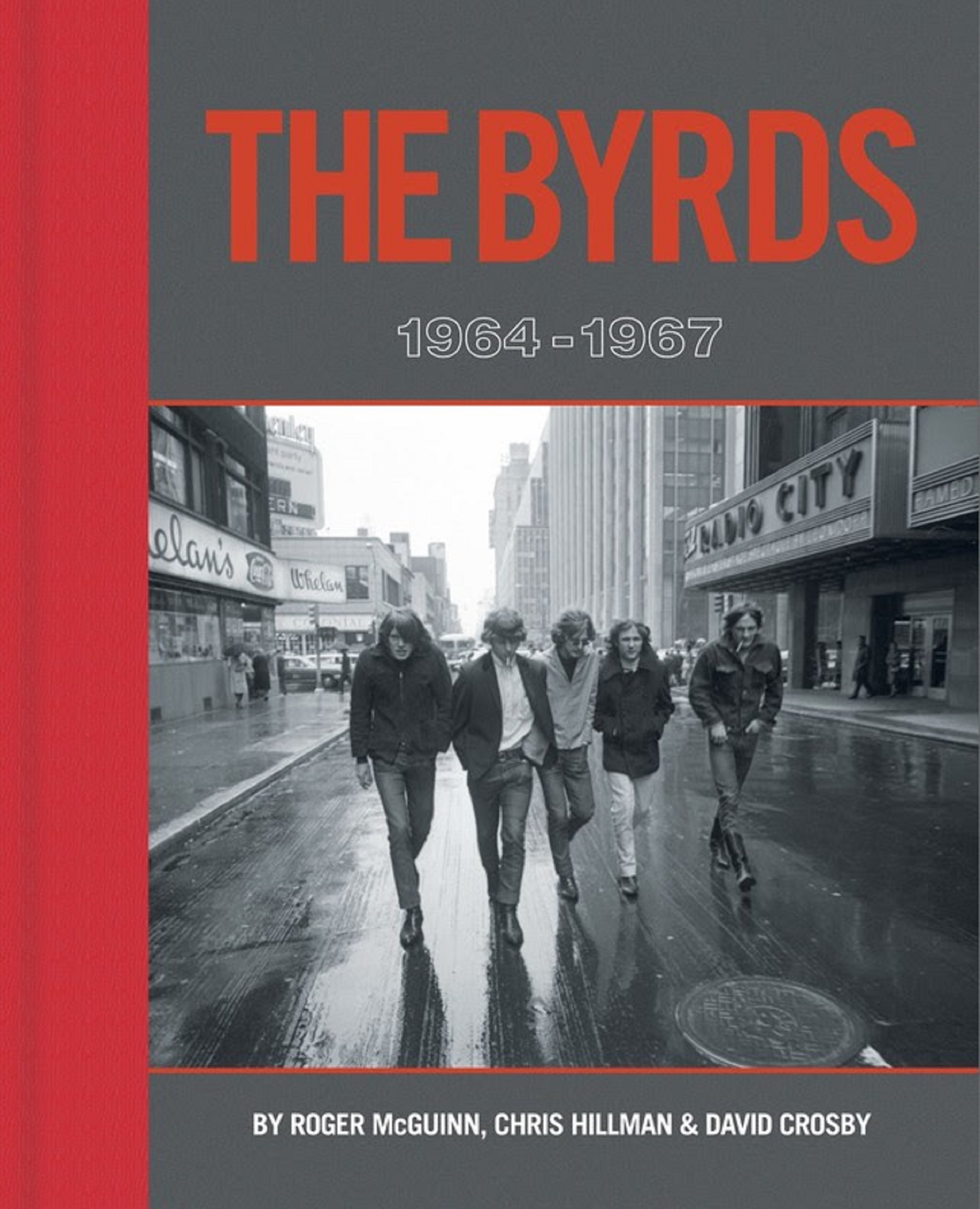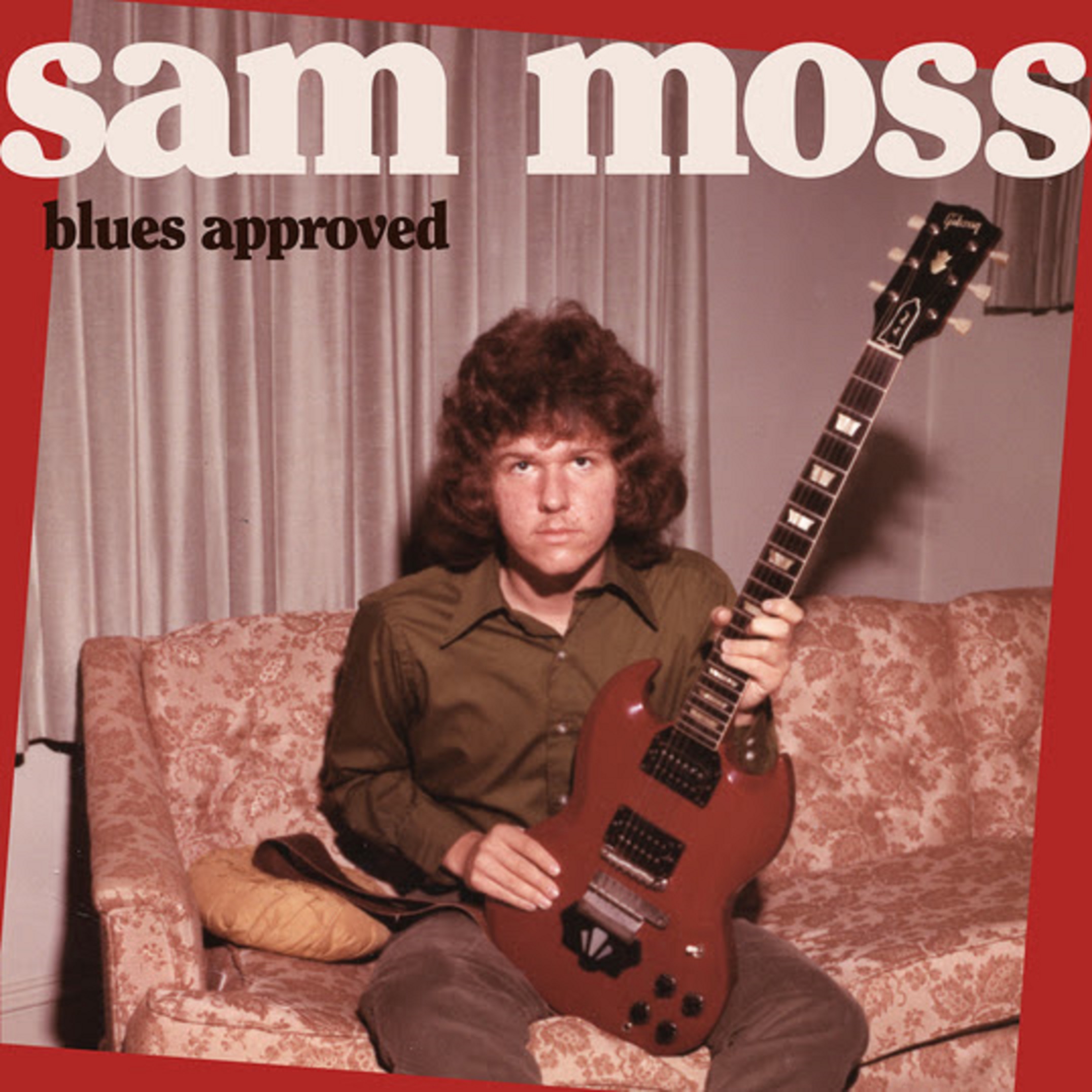Bap Kennedy’s solo career has been distinguished by fruitful partnerships with the brightest and best. His 1998 solo debut, Domestic Blues, was produced by Steve Earle, who has hailed the Belfast-based artist as “the best songwriter I ever heard.” After Lonely Street (2000), a tribute to two of Kennedy’s childhood musical heroes, Hank Williams and Elvis Presley, he recorded The Big Picture (2005) at the studio of Van Morrison, who co-wrote the album’s “Milky Way,” while Bap was joined by the Pogues’ Shane MacGowan on another track, “On the Mighty Ocean Alcohol.”
The Big Picture caught the ear of Mark Knopfler, who took Kennedy on tour with him as a guest artist and offered to produce his next album. Scheduling conflicts prevented Knopfler from working on 2009’s Howl On, a song cycle focusing on the Apollo moon landings, but the Dire Straits auteur has now made good on his word, helming Kennedy’s latest effort, The Sailor’s Revenge, to be released on Proper Records on June 5, 2012.
“It’s great to have the validation of someone like Mark Knopfler, and getting a chance to make a record with him, it’s not bad, really,” Kennedy says, with characteristic understatement. “I have a couple of different gears when I write, and Mark really likes my Celtic melancholy side. There’s a cinematic, widescreen quality in his work that I love, and we agreed that was where we wanted to go with this record.”
Recorded at Knopfler’s British Grove Studios in London, The Sailor’s Revenge seamlessly unites the Irish and American musical traditions in a series of captivating original songs. “I’ve always looked to America for my inspiration, but there are also a lot of Irish influences in this record, especially with the musicians who are on it,” Bap points out. “Irish and American instruments work together because they’re supposed to, but I haven’t heard many records that unite those instruments and those grooves. It just sounds like what I want to hear.” To that end, Knopfler has surrounded Kennedy with a crack Irish-Anglo-American studio band whose stylistic polarities are set off by the lap steel and Dobro of Nashville-based legend Jerry Douglas on the one hand and traditional Irish musicians Michael McGoldrick (flute, pipes, whistle) and John McCusker (cittern, fiddle) on the other. Knopfler appears on guitars and backing vocals, while Brenda Kennedy harmonizes with her husband on “The Beauty of You.”
“America was a huge influence on me and everybody else of my generation,” says Kennedy. “When I was a kid in Belfast, we watched American television and movies. American culture really was our culture. The strange thing is, I didn’t really discover Irish music until I left Ireland and went to London in the mid-’80s with my band Energy Orchard. It seems that as soon as you go away from Ireland, you want to be more Irish. I remember hearing ‘The Star of the County Down’ for the first time in London and being amazed by what a fantastic song it was. Then, when I started to discover the Irish songbook, it was a revelation to me. Even though I’d never heard it before, I knew what it was and I responded immediately. I realized I’d become a character in one of those songs who had left Ireland in search of fame and fortune, which made me identify with the music even more. Being a musician, you start to investigate it, and of course it’ll weave its way into your music.”
But Kennedy’s primary inspiration hailed from the other side of the Atlantic. “Hank Williams is a huge influence because of the sensitivity and deep simplicity of his music, which is something I try to bring to my own songs,” he says. “There’s a big difference between a throwaway line and a simple, profound line, but they can look very similar to the casual observer. For me, it’s about trying to find a phrase that sums up a feeling. For example, with ‘Not a Day Goes By” on the new album, I don’t remember what I was thinking about at the time, but something was on my mind, and it struck me that not a day goes by without my thinking about this particular thing. I thought it was a good line and wrote a song around it. It’s very simple and straightforward; it’s just one of those lines. That’s the thing — as a songwriter, you’re never off duty.”
This revealing anecdote is a key to understanding the sensibility of this fiercely intelligent and hyper-observant artist. As he talks about his inspiration for other songs on The Sailor’s Revenge, Kennedy opens a window into not only his creative process but also his innately poetic Northern Irish soul.
“Shimnavale,” which opens the album, “is a real place, a small neighborhood near Newcastle in County Down,” he explains. “It’s a great, melodic word, and it’s a beautiful place. I’m amazed that nobody’s discovered it before. The song is about traditional Irish things like goin’ away and comin’ back, misfortune and looking back on an idyllic childhood. I’ve always thought it would be great to write some songs that people who play Irish music will be playing in a bar somewhere a hundred years from now. There’s also a song called ‘Celtic Sea’ on the record, and I’m amazed Van didn’t use that title first.”
The title character of “Jimmy Sanchez” is also real. The song was inspired by the story of the Chilean miners who were trapped in the San Jose gold mine for 69 days before being rescued. “Jimmy is the youngest of the Chilean miners,” Bap explains. “I think he was 19 when they were rescued. When I was working on songs for the record, I was watching the news trying to get away from writing songs, and there was this big story that hooked me. Jimmy had a wife and a little daughter, and he sent this message up from the mine to let them know he was still alive. He said that God had put him in the mine until he changed. That’s pretty heavy, y’know? He obviously thought that it was some retribution from God that he was trapped in a goldmine. It was an uplifting story, and it touched me. His name jumped out at me as well, so I wrote the song for him.”
Kennedy wrote and recorded “The Right Stuff” for Howl On, and Knopfler insisted that they cut it again on this record. “It was part of the Apollo Mission theme, but my songs tend to be about more than one thing. When I get my teeth into a subject I want to write about, I really investigate it — try to get to the core of it. And on the last record, I was investigating the philosophical implications of standing on the moon and looking at the earth — trying to put myself in that position. It’s such a trippy story. So that song is about astronauts, but it’s also about my own experience of being in a tight unit of guys. You’re in the gang and you think it’s never gonna break up, and it does. So when you get older, you respect that — looking back on the glory days, and not realizing when you are in the gang that it’s not a permanent situation.”
The phrase “Please Return to Jesus” turns out to be the inscription of a tattoo just above the heart of the song’s narrator. “I come from a fairly troubled place, religion-wise,” says Bap. “And over the years, people in Belfast have found it very hard to talk about religion because of all the blood that’s been spilt over the years. I grew up in a Catholic family — I’m a recovering Catholic now, as they say. We believed there was a God, and you might get your ass kicked one day by the Lord if you don’t wise up. The song is basically about curiosity, and the tattoo is like an insurance policy. I read a quote the other day from some philosopher who said you shouldn’t live your life as if there was gonna be a punishment or a reward; whether you believe in God or not, you should try to do the right thing. And maybe get a tattoo saying ‘Please return to Jesus’ just in case!”
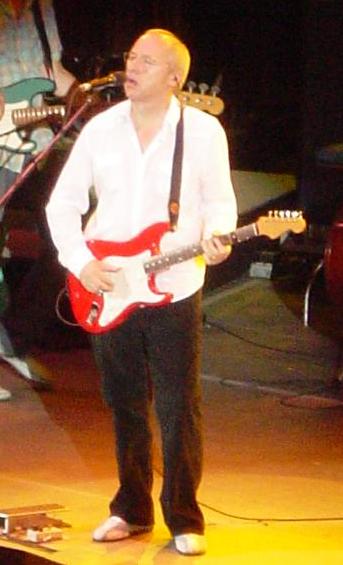 Kennedy says certain observations experiences plant seeds in his brain and germinate over time. “I don’t write songs until I have to, so I could be thinking of an idea for years before I write a song from it,” he confesses. “I don’t have any problem coming up with the tune and the structure; it’s the ideas that are really important to me — that it’s got a fresh angle or some personal thing. ‘The Sailor’s Revenge’ was like that. I went to an exhibition of Hogarth’s work in London a few years ago, and there was a painting called The Sailor’s Revenge. I thought it was a great title for a song, so I filed it away and waited for some emotional thing to connect it with, and I finally wrote it a couple years later.”
Kennedy says certain observations experiences plant seeds in his brain and germinate over time. “I don’t write songs until I have to, so I could be thinking of an idea for years before I write a song from it,” he confesses. “I don’t have any problem coming up with the tune and the structure; it’s the ideas that are really important to me — that it’s got a fresh angle or some personal thing. ‘The Sailor’s Revenge’ was like that. I went to an exhibition of Hogarth’s work in London a few years ago, and there was a painting called The Sailor’s Revenge. I thought it was a great title for a song, so I filed it away and waited for some emotional thing to connect it with, and I finally wrote it a couple years later.”
Bap pauses from his guided tour of the album for a moment of reverie. “I was just wondering what it would be like if I met myself at the airport when I came back to Ireland six years ago — the 23-year-old who left and the 44-year-old who came back,” he muses. “With the amount of things that happened to me and the twists and turns, I would’ve taken my younger self aside and given me a hug, probably.” Bap laughs at the surreal mental image he’s just described. “But it’s about the life you live, isn’t it? I’ve always written about my experience. The reason I got into music in the first place was just to have an interesting life — it was more about not having a boring life than it was about the rewards of music or having a career. To show up for work drunk, all the stuff you can get away with if you’re a musician. It seemed to be like a free pass for bad behavior, and all the stuff that comes with it. My career has been like a crazy graph, very good and very bad, which is great for a songwriter but terrible for your well-being.”
The conversation then turns to “The Beauty of You,” the album’s lone love song — but what a heart-wrenchingly beautiful love song it is, and how revealing about the character of its author.
“In the past, most of my songs were about romance or drinking — those were my two main themes — and when I came back to Ireland, I went through a very turbulent period in my life. The relationship I was in came to an end and a lot of things changed; it was a huge upheaval. Then I met my wife, and I see can see clearly that it’s a different phase of my life that I’m going through now. I was a boozer, and I stopped drinking; I haven’t had a drink in seven and a half years. So a lot of things have changed, a lot of the people in my life have changed, and I seem to be more focused on the music than ever before. My wife Brenda has been a huge influence on me as far as getting my act together.
“She actually came up with the line when we were driving to Shimnavale, which I’d never heard of, and neither had she. So we were on the way to this place and looking at a map, and she said, ‘That’s the beauty of you. You can do two things at once’ — like drive and talk at the same time, somethin’ like that. The recollection draws another gentle laugh out of him. “So we went to Shimnavale, and I wrote ‘Shimnavale’ and ‘The Beauty of You’ in that place. And I wrote that song for her.”
So it is that life and art are inextricably intertwined for this driven, big-hearted artist from the northeast corner of the Emerald Isle. To borrow the immortal words of Van the Man, it’s too late for Bap Kennedy to stop now.
 Kennedy says certain observations experiences plant seeds in his brain and germinate over time. “I don’t write songs until I have to, so I could be thinking of an idea for years before I write a song from it,” he confesses. “I don’t have any problem coming up with the tune and the structure; it’s the ideas that are really important to me — that it’s got a fresh angle or some personal thing. ‘The Sailor’s Revenge’ was like that. I went to an exhibition of Hogarth’s work in London a few years ago, and there was a painting called The Sailor’s Revenge. I thought it was a great title for a song, so I filed it away and waited for some emotional thing to connect it with, and I finally wrote it a couple years later.”
Kennedy says certain observations experiences plant seeds in his brain and germinate over time. “I don’t write songs until I have to, so I could be thinking of an idea for years before I write a song from it,” he confesses. “I don’t have any problem coming up with the tune and the structure; it’s the ideas that are really important to me — that it’s got a fresh angle or some personal thing. ‘The Sailor’s Revenge’ was like that. I went to an exhibition of Hogarth’s work in London a few years ago, and there was a painting called The Sailor’s Revenge. I thought it was a great title for a song, so I filed it away and waited for some emotional thing to connect it with, and I finally wrote it a couple years later.”





